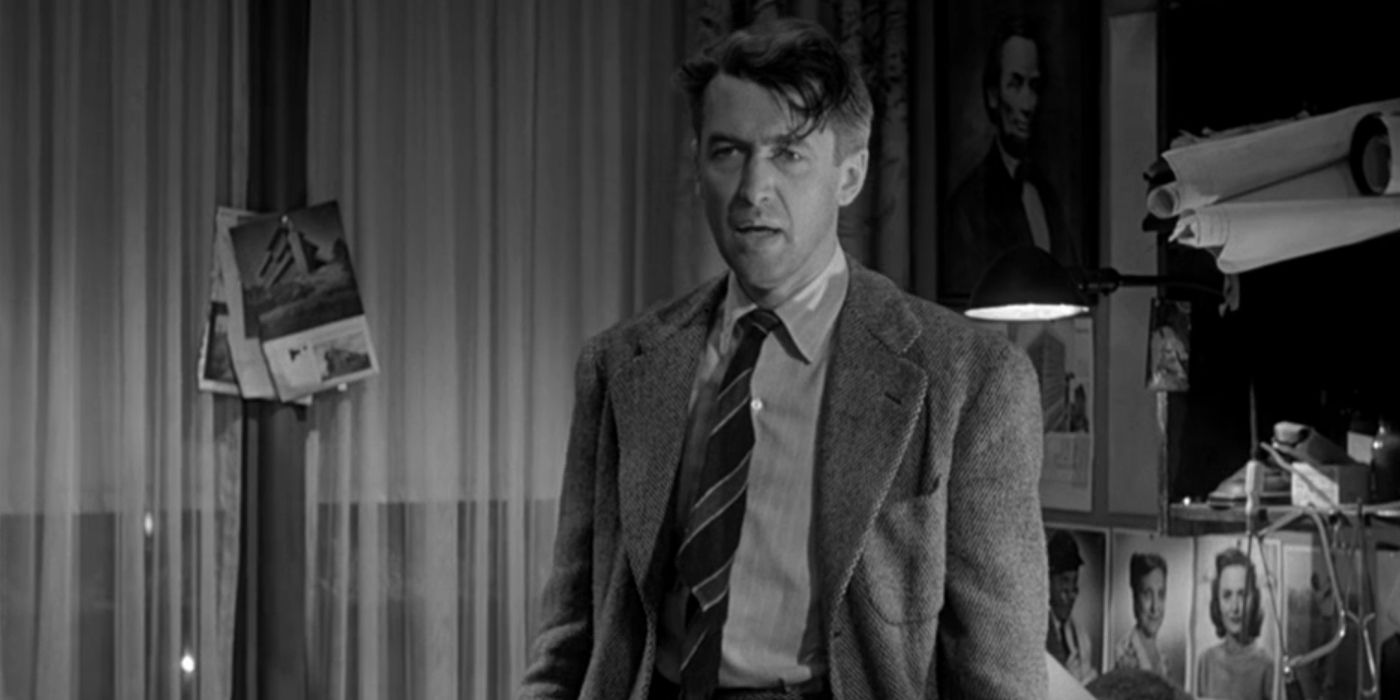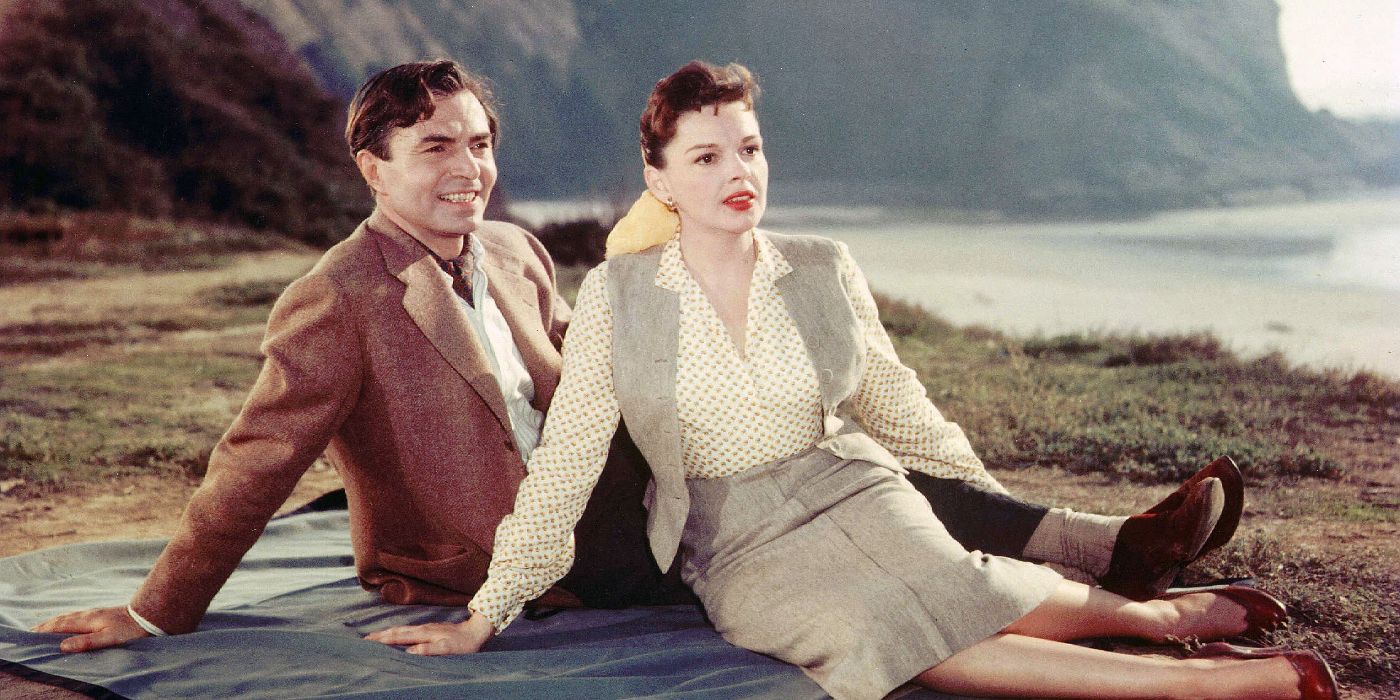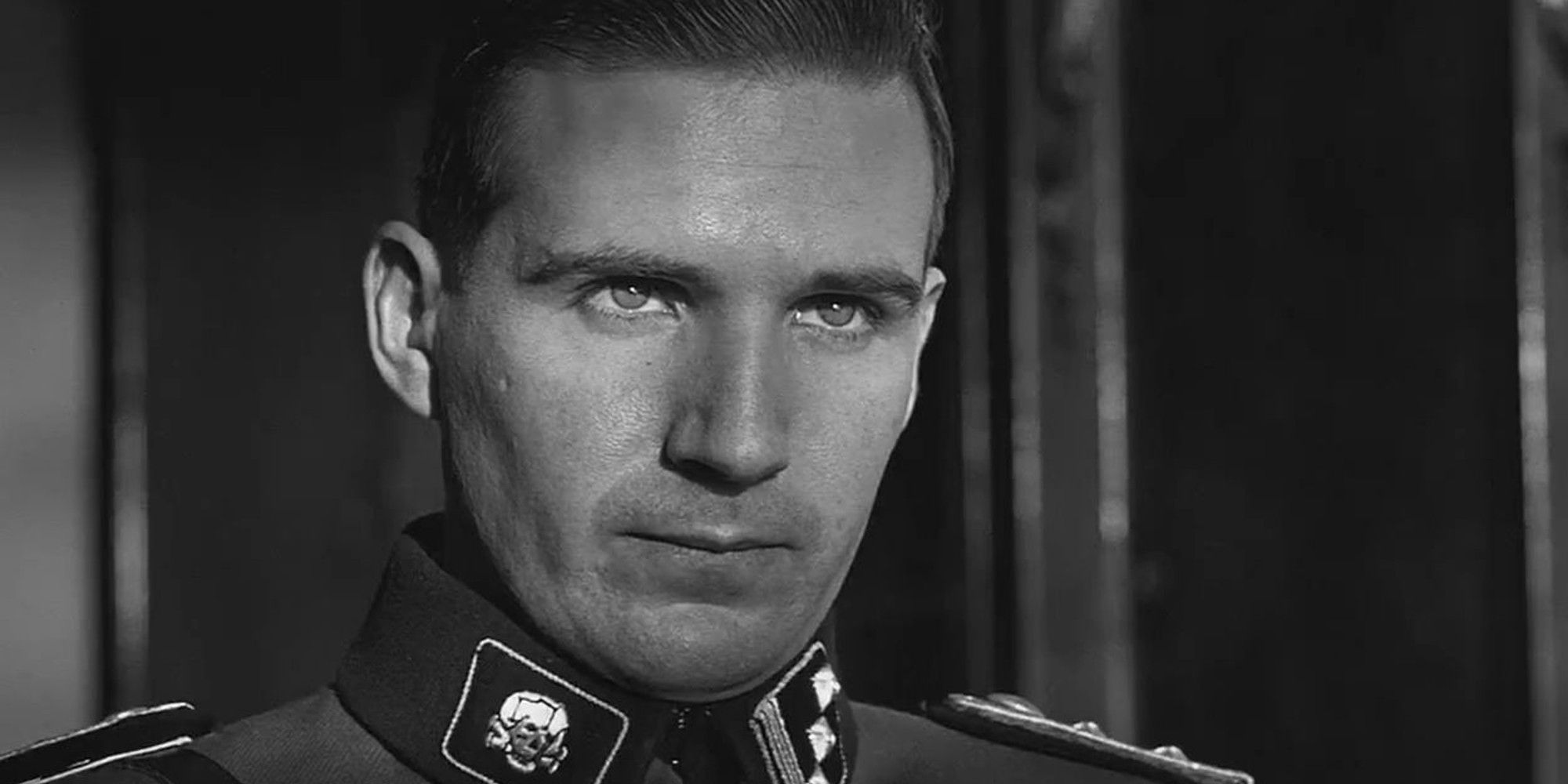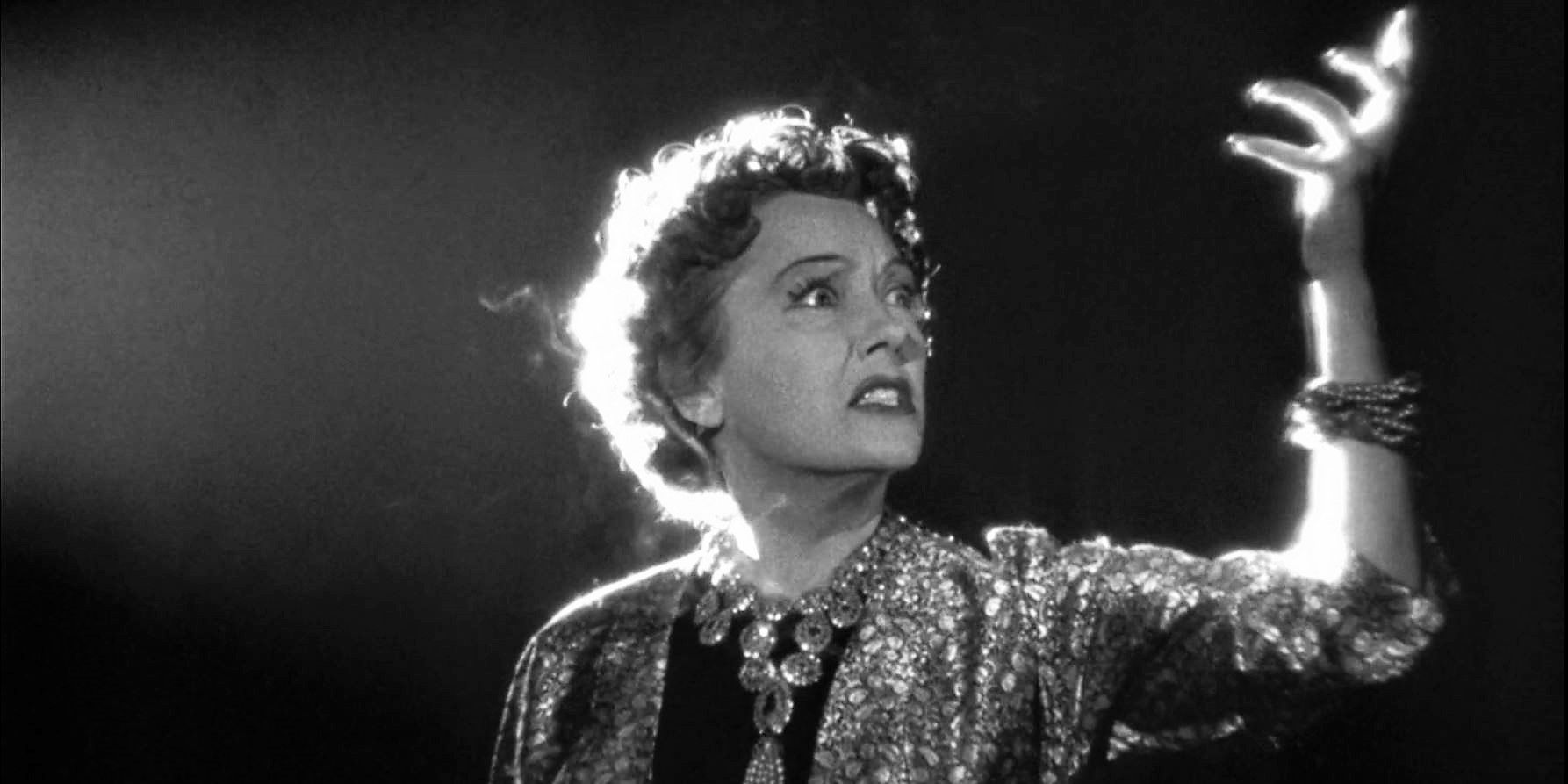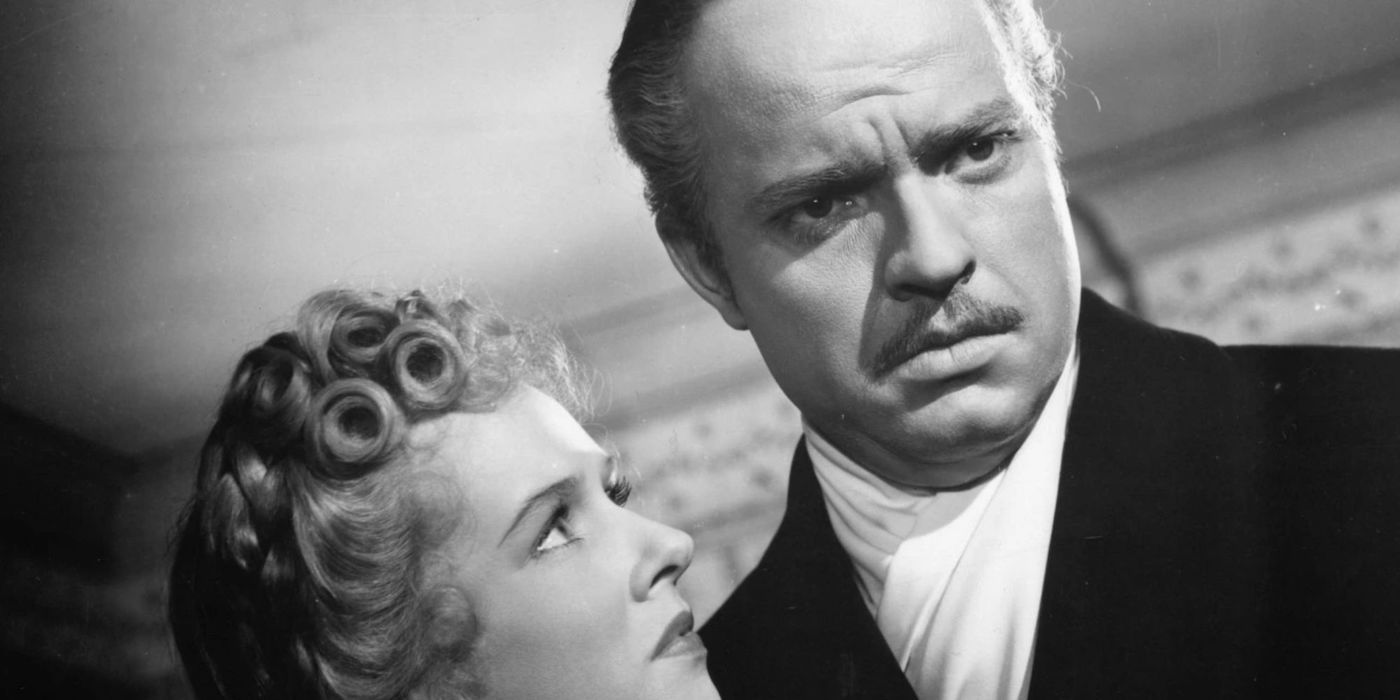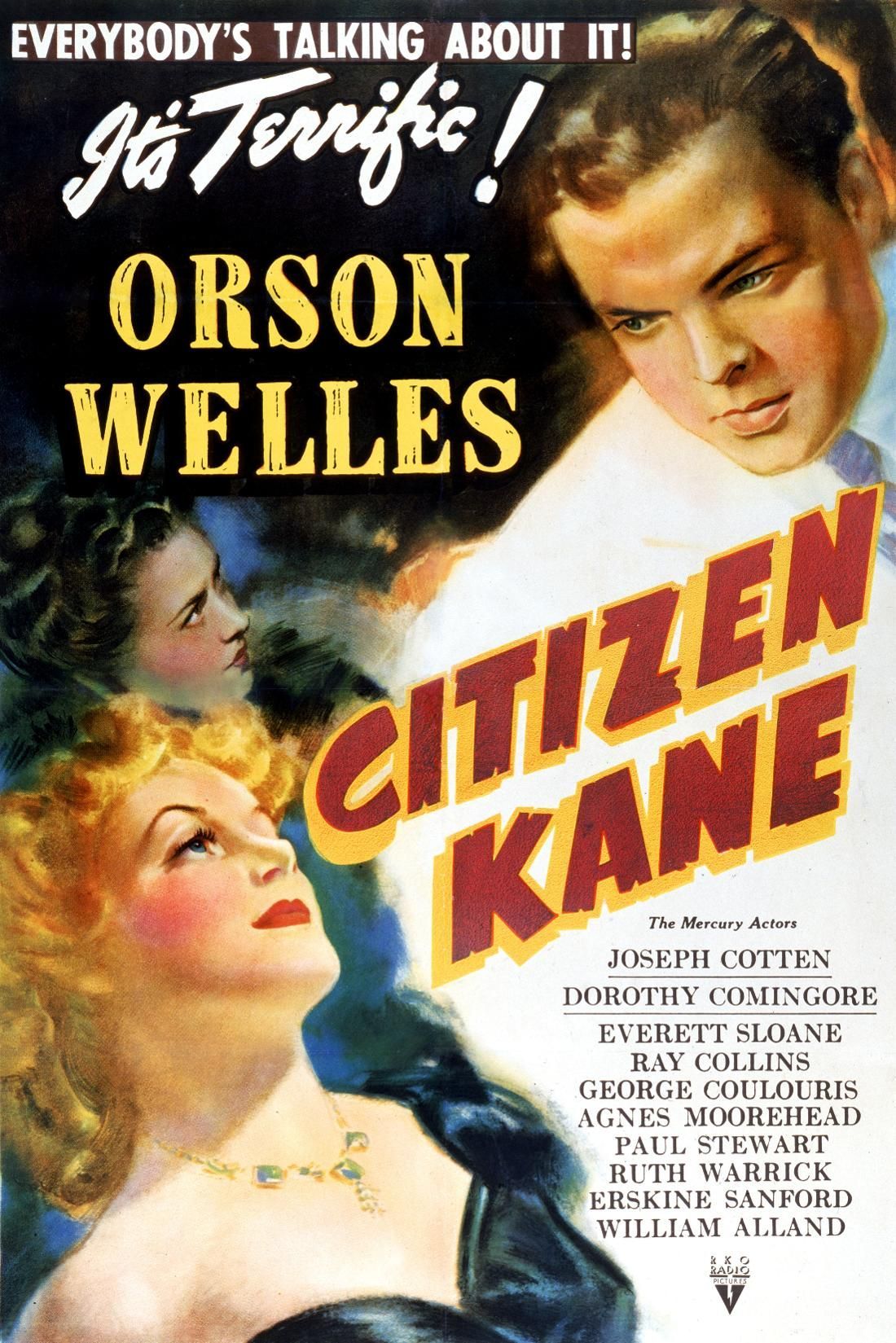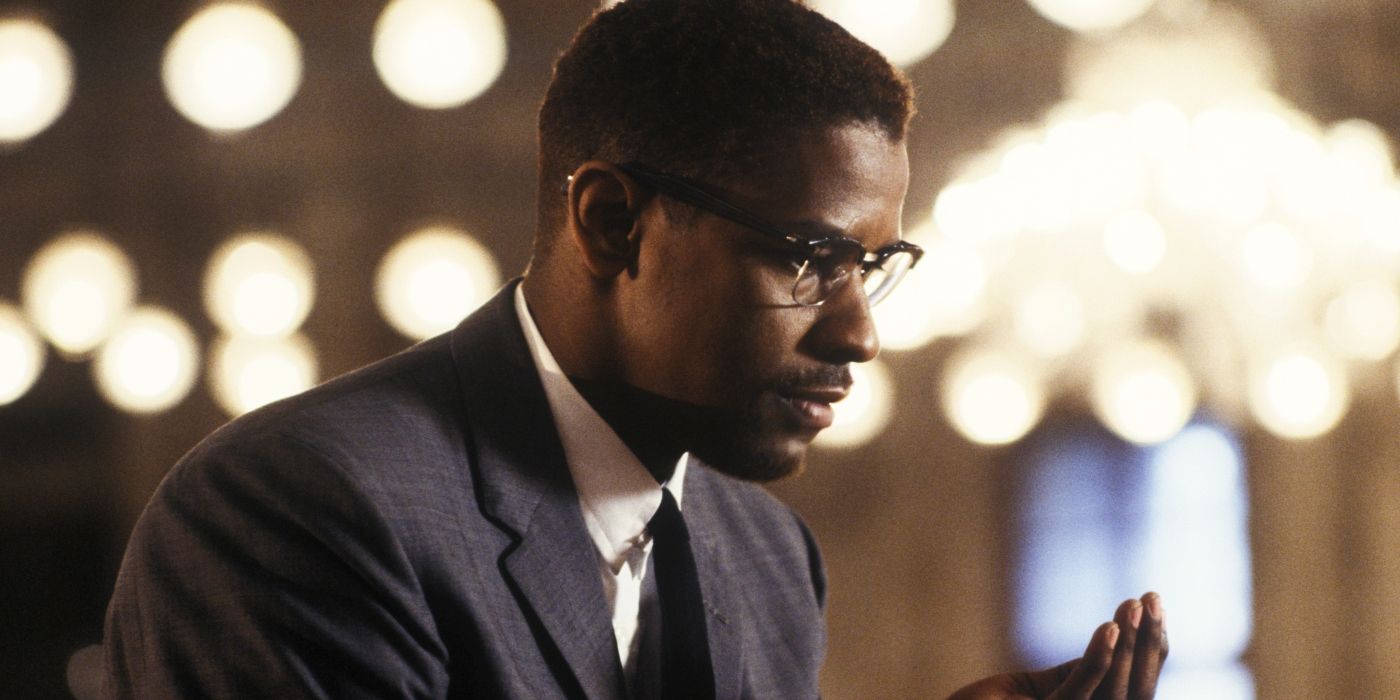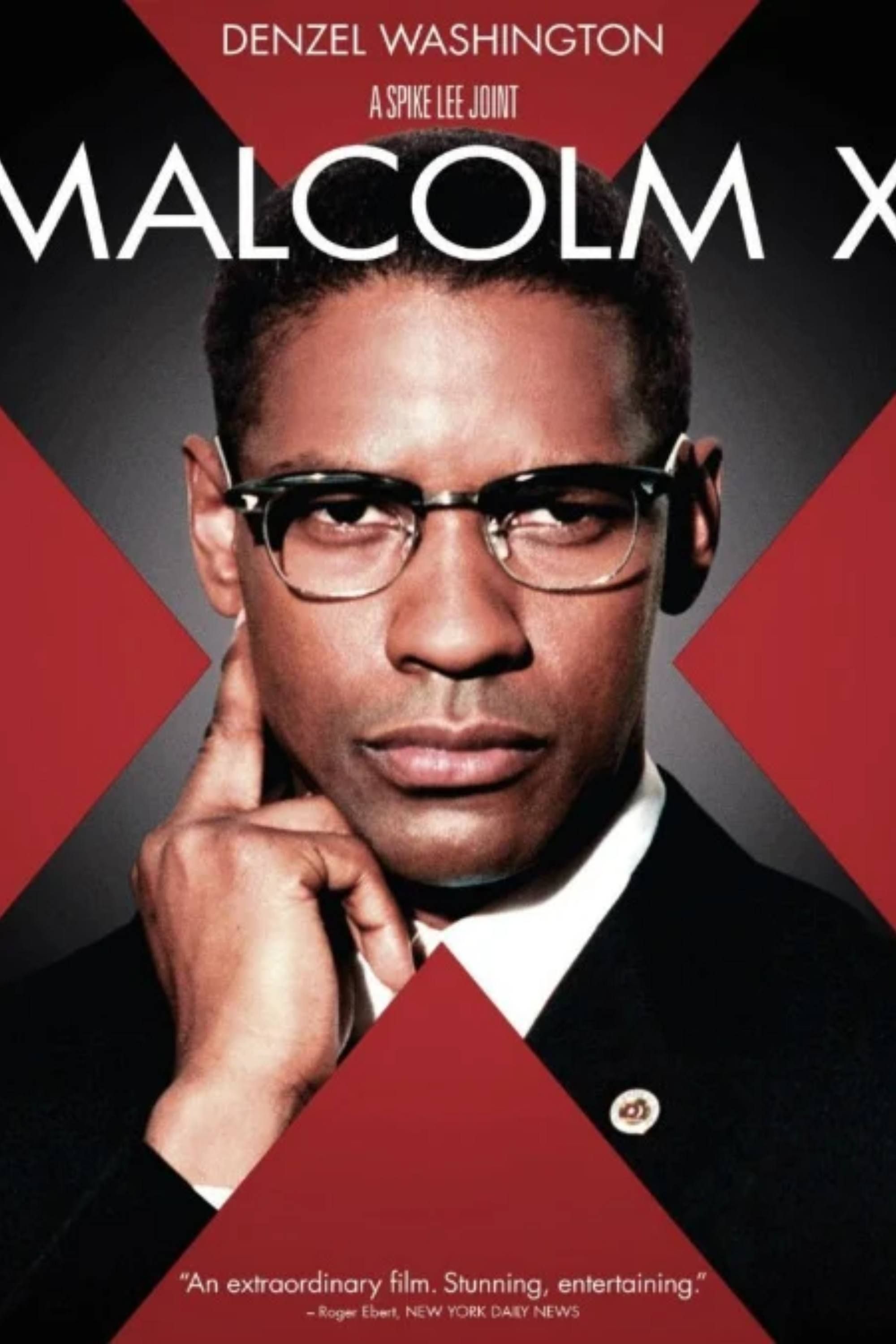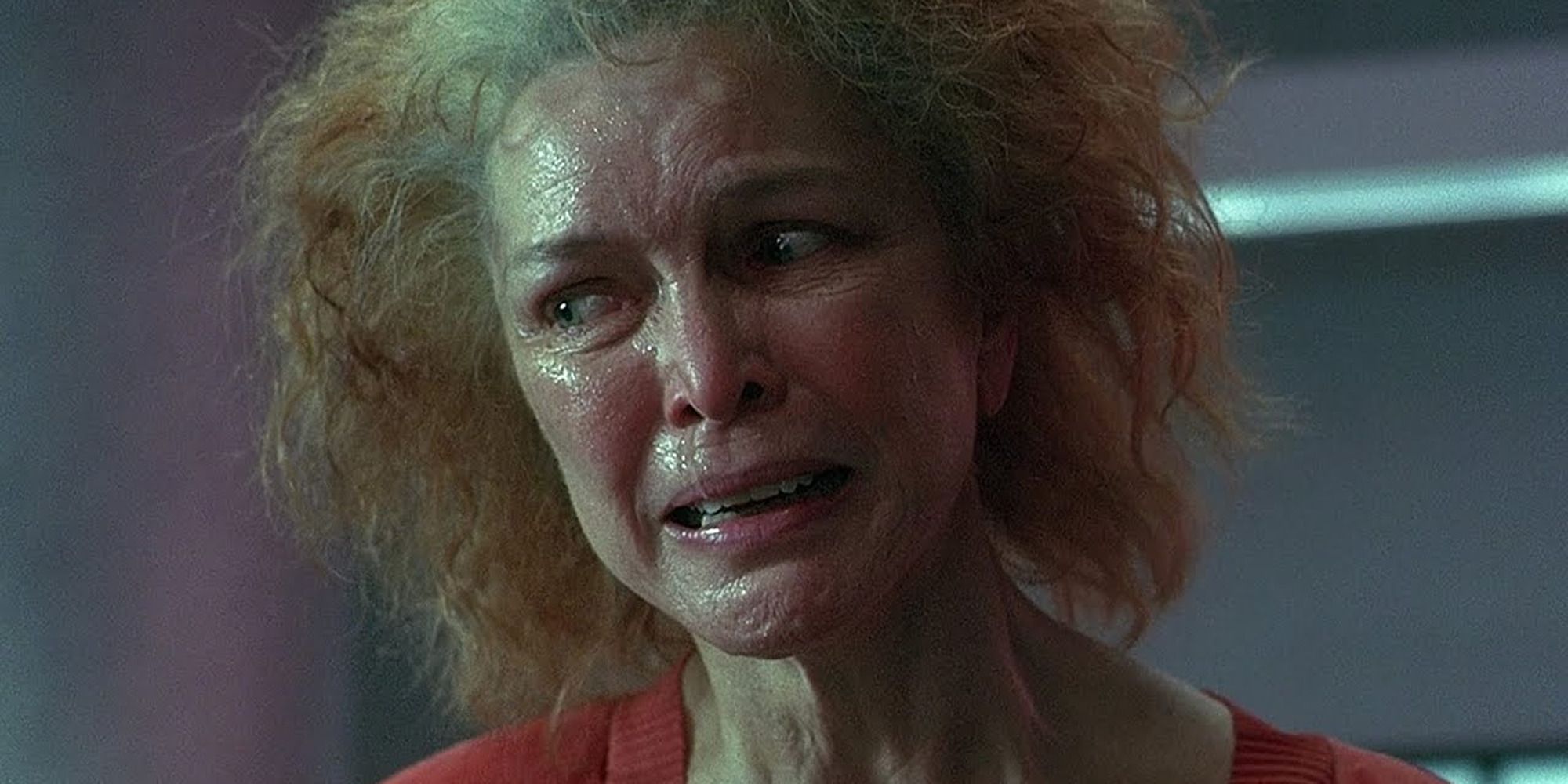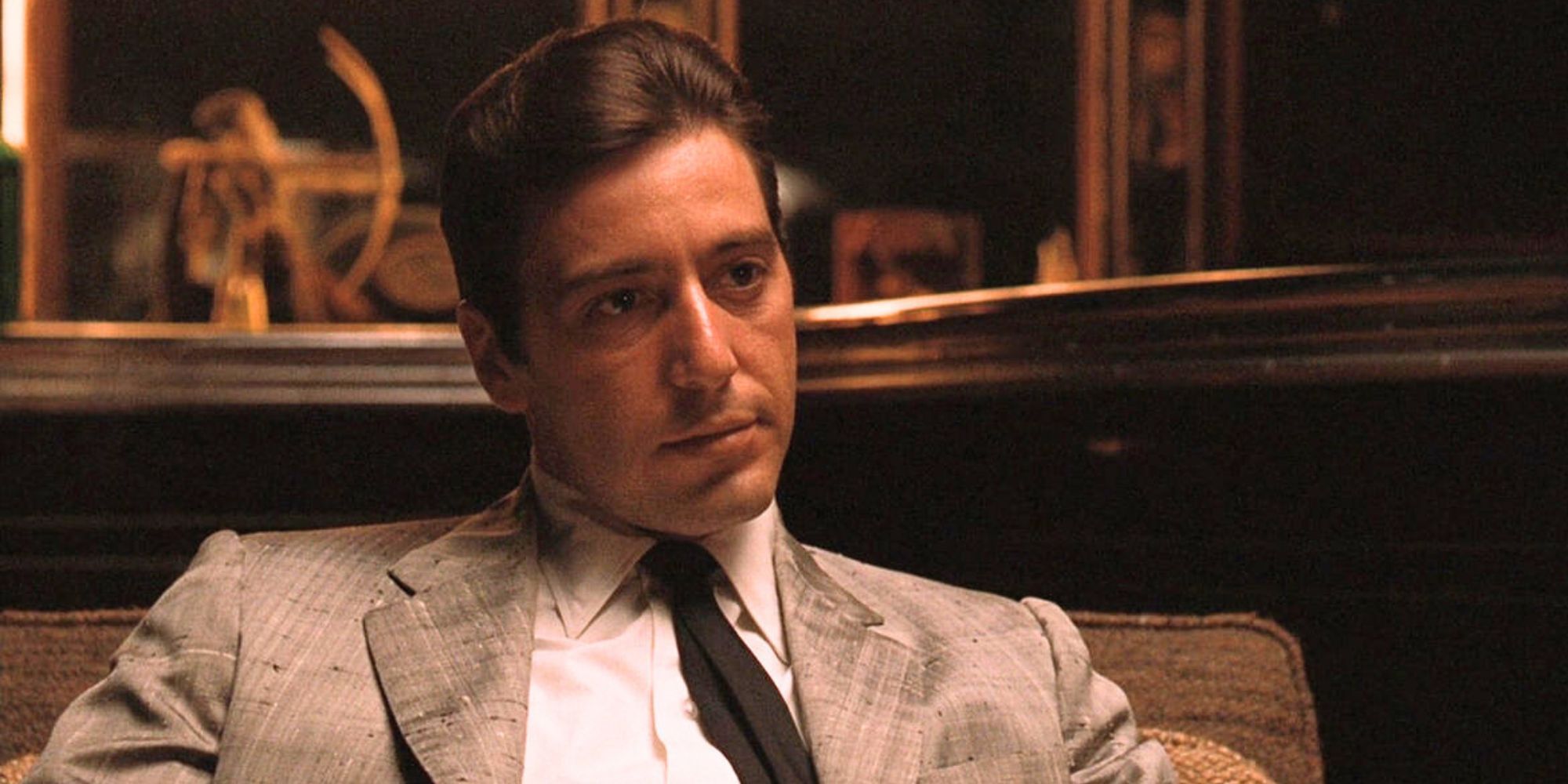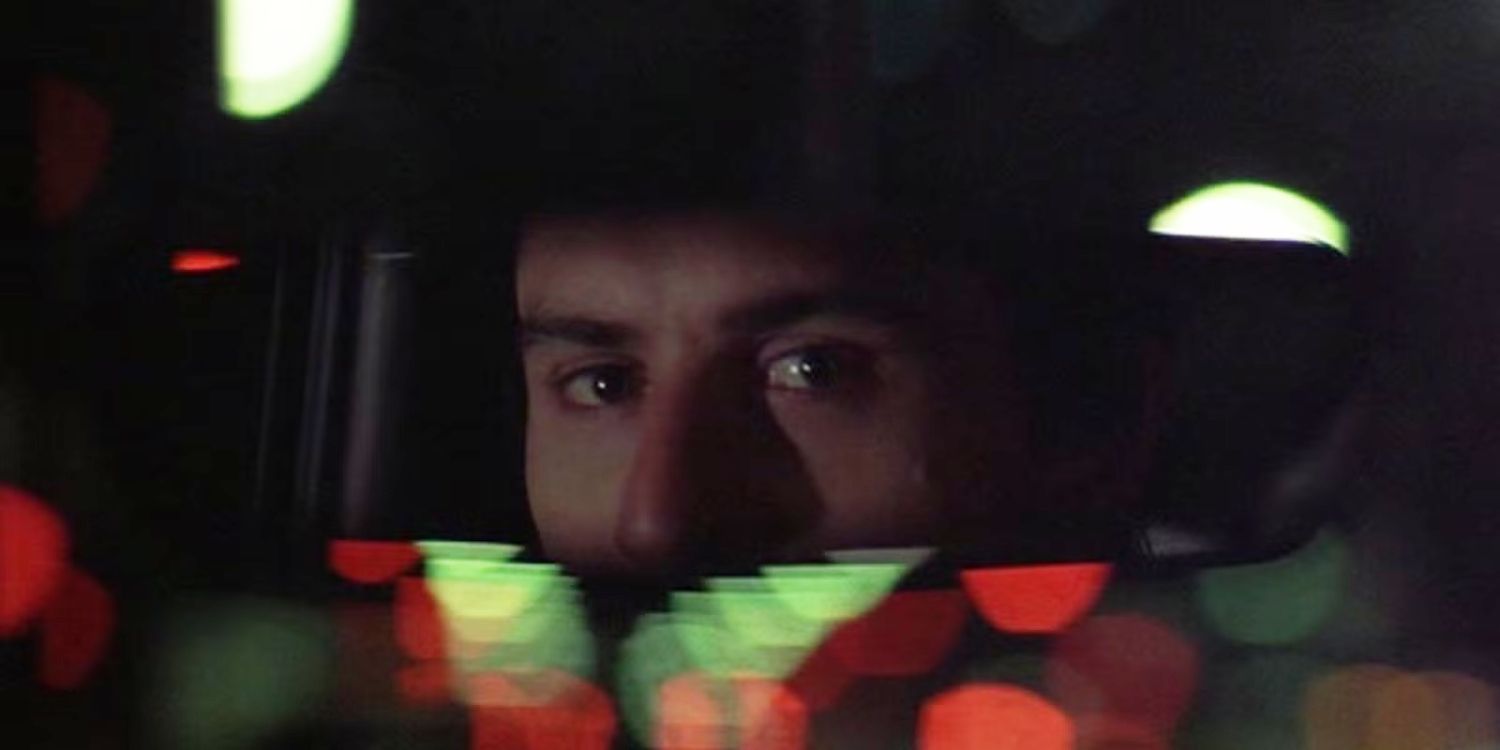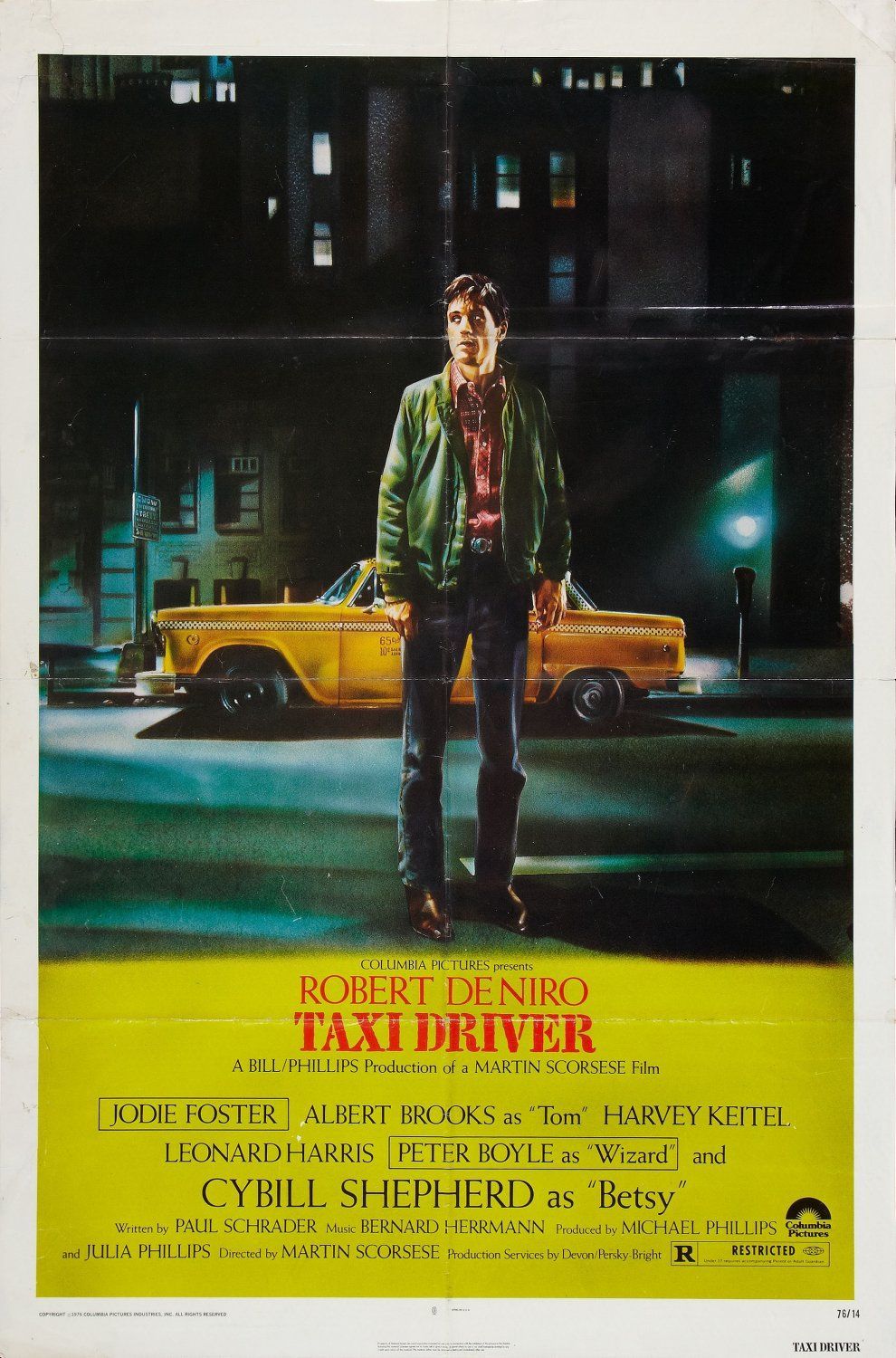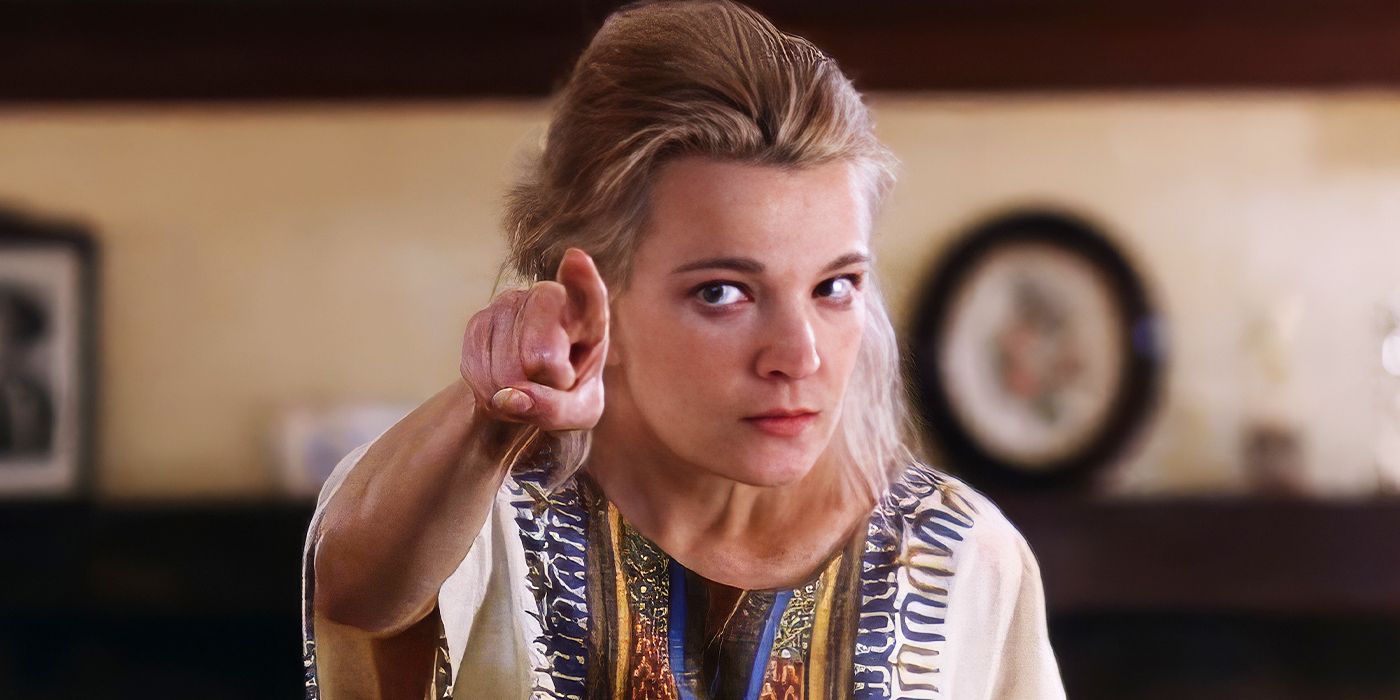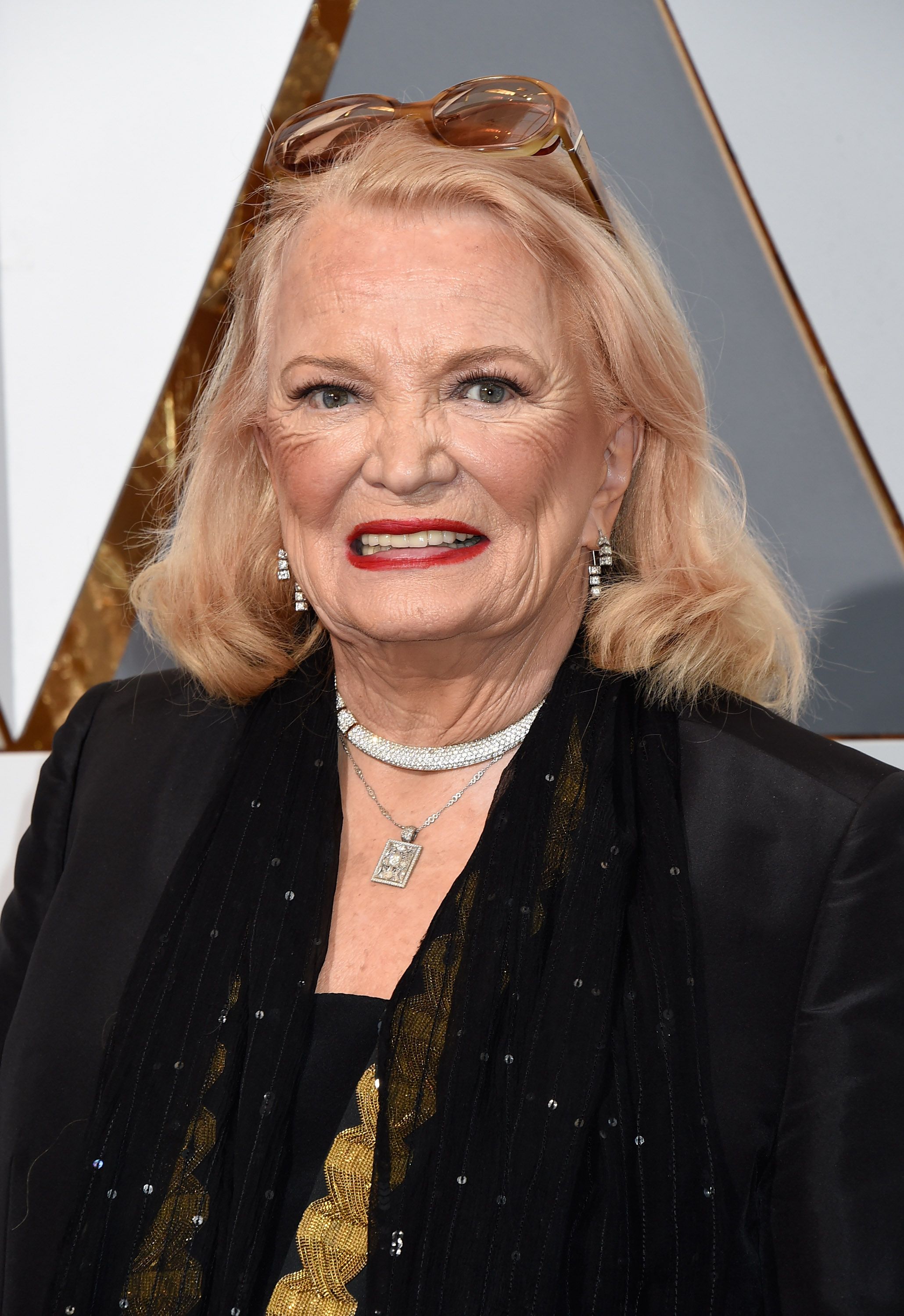10 Best Oscar-Nominated Performances That Didn’t Win, Ranked
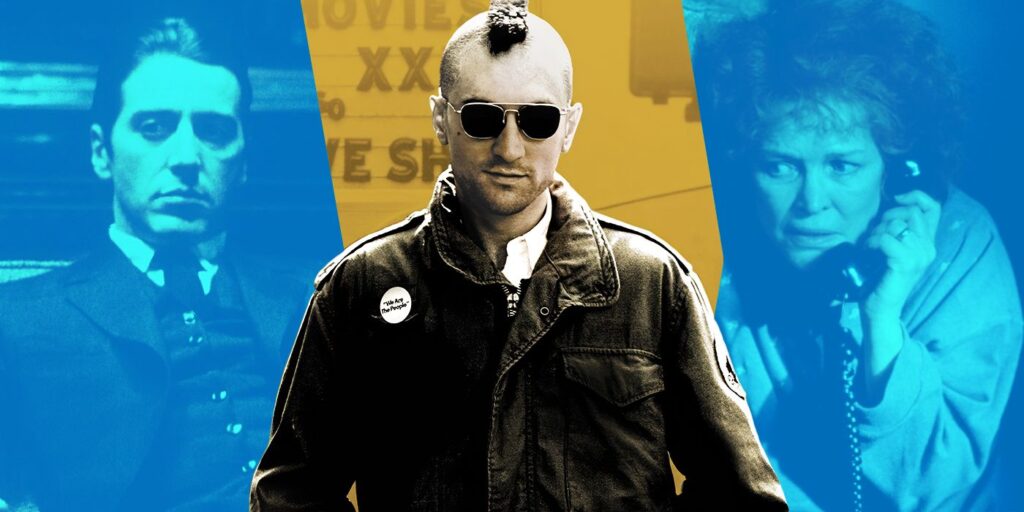
Being nominated for an Academy Award is the biggest honor an artist can achieve in the film industry. This is especially true for actors, whose careers can be completely changed by the label “Oscar nominee” being applied to their name. Often, though, it happens that an Oscar-worthy performance doesn’t go on to win. Whether they were beaten by an equally deserving tour-de-force performance or were criminally snubbed, some of the greatest acting performances of all time were nominated for an Academy Award but didn’t win.
From legends and icons of Hollywood’s Golden Age, to modern masters of their craft that are still delivering some really powerful work today, there are plenty of performances that lost the Oscar but have been propped up by history as all-timers. Public appeal is, in the end of the day, the greatest award that anyone in the film industry can aspire to, and these actors certainly have it.
10
James Stewart — ‘It’s a Wonderful Life’ (1946)
Beaten by: Fredric March — ‘The Best Years of Our Lives’ (1946)
Jimmy Stewart was one of the greatest actors in Hollywood history, a sharp and gentlemanly everyman capable of taking on any kind of role. This included the depressed loan banker George Bailey from It’s a Wonderful Life, the quintessential Christmas classic. In this beautifully life-affirming drama, an angel is sent from Heaven to show George what life would have been like if he had never existed.
It’s a Wonderful Life is one of the most uplifting dramas of all time, but its depiction of themes of men’s mental health makes it surprisingly nuanced and ahead of its time. This flawless balance between complex psychological layers and a family-friendly feel-good tone is anchored in Stewart’s performance, which might just be the best of his career. Profoundly emotional and complicated, it’s some of the best acting of the ’40s. The Best Years of Our Lives is a masterful film and Fredric March‘s Oscar-winning performance in it is fantastic, but it’s not controversial to call Stewart’s superior.
9
Judy Garland — ‘A Star Is Born’ (1954)
Beaten by: Grace Kelly — ‘The Country Girl’ (1954)
Judy Garland is one of the biggest icons in cinema history, and throughout her illustrious yet short-lived career, she gave some outstanding performances. Conversations on what her best one is usually go in different directions, but there’s one film that never fails to come up: the first remake of A Star Is Born, where Garland gave some of the most powerful work of the ’50s.
One of the most notorious Oscar frontrunners who lost at the eleventh hour, Garland’s performance in A Star Is Born is permeated with tremendous emotional depth and a perfect understanding of the material. This has aged beautifully as one of the greatest female acting performances of the era, making the actress’ defeat to Grace Kelly for The Country Girl (a good but much less remarkable piece of acting) utterly infamous.
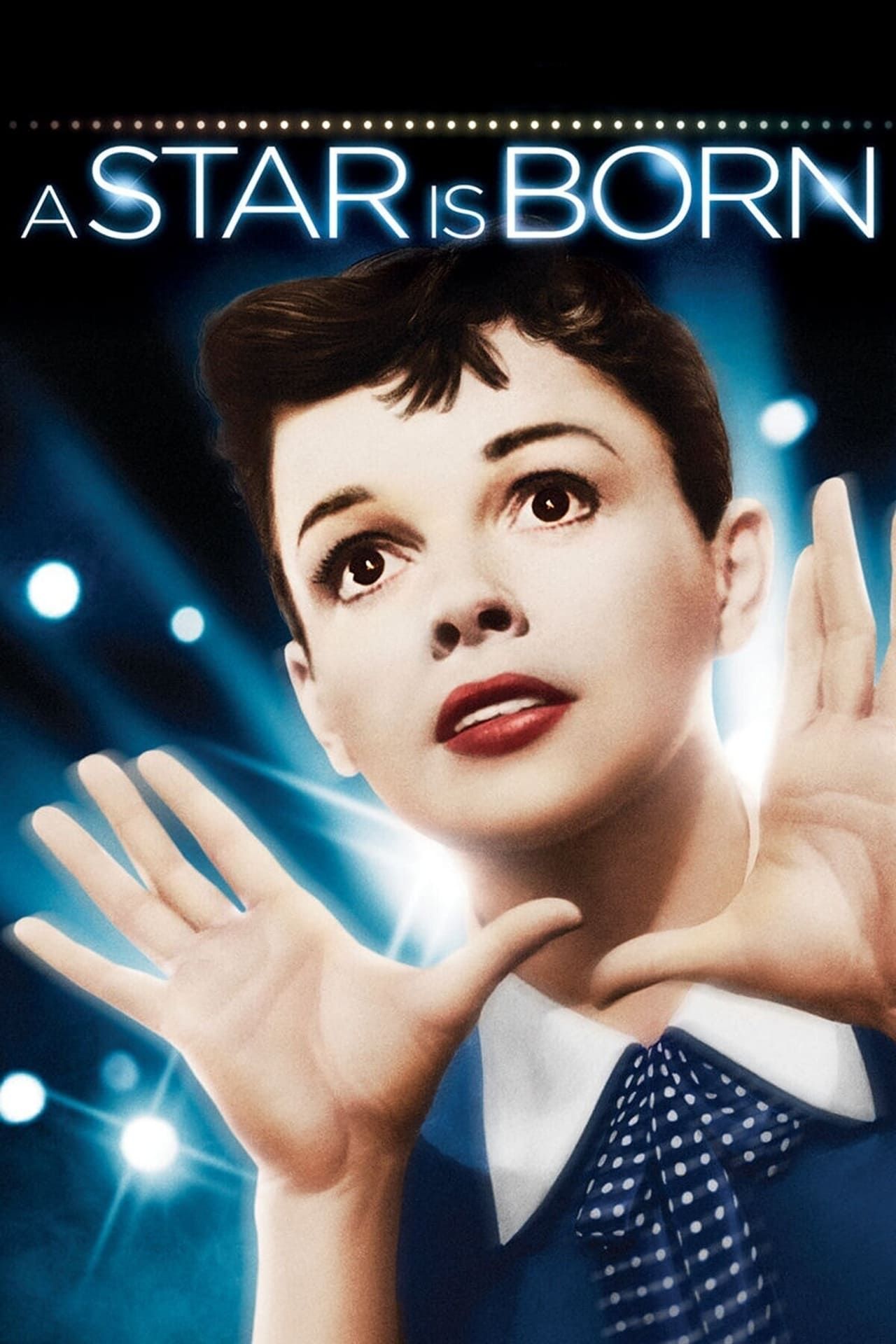
- Release Date
-
October 1, 1954
- Runtime
-
176 Minutes
-

Judy Garland
Vicki Lester
-

-

-

Charles Bickford
Oliver Niles
8
Ralph Fiennes — ‘Schindler’s List’ (1993)
Beaten by: Tommy Lee Jones — ‘The Fugitive’ (1993)
It’s preposterous that the great Ralph Fiennes, one of the best thespians working today, has never won an Oscar. He came closest in the 1994 race, where he was nominated for his chilling portrayal of Austrian SS functionary Amon Göth in Steven Spielberg‘s Schindler’s List. It’s a performance so effective that Holocaust survivor Mila Pfefferberg was seemingly terrified of Fiennes when she visited the film’s set, purely due to how accurate his portrayal of Göth was.
It’s not just one of the best performances of any war movie, but also one of the most potent portrayals of a villain in film history—made all the more hard-hitting by the fact that it’s a depiction of a real figure. Tommy Lee Jones was beyond phenomenal in The Fugitive, but many people nevertheless feel that Fiennes was robbed of the Oscar, having shown the kind of acting that only the greats can ever deliver.
7
Gloria Swanson — ‘Sunset Boulevard’ (1950)
Beaten by: Judy Holliday — ‘Born Yesterday’ (1950)
Gloria Swanson earned her fame in silent cinema, delivering some of the period’s strongest performances. She faded out a decent bit during the talkies era, until she came back with an exquisitely meta performance in Billy Wilder’s Sunset Boulevard, one of the most legendary noir films of all time. She portrayed Norma Desmond, a faded silent film star desperate to get back under the spotlight.
Sunset Boulevard is the kind of ‘50s classic that will never get old, thanks to its masterful blend of genres, brilliant script, and exceptional performances. Swanson in particular gives some transcendental work, creating a character that’s as terrifying as she is sympathetic, as complex as she is understandable. Judy Holliday gets a lot of undeserved hate for her underrated performance in Born Yesterday just because she beat out Swanson, but it’s impossible to deny that it’s an Oscar win that’s aged poorly.
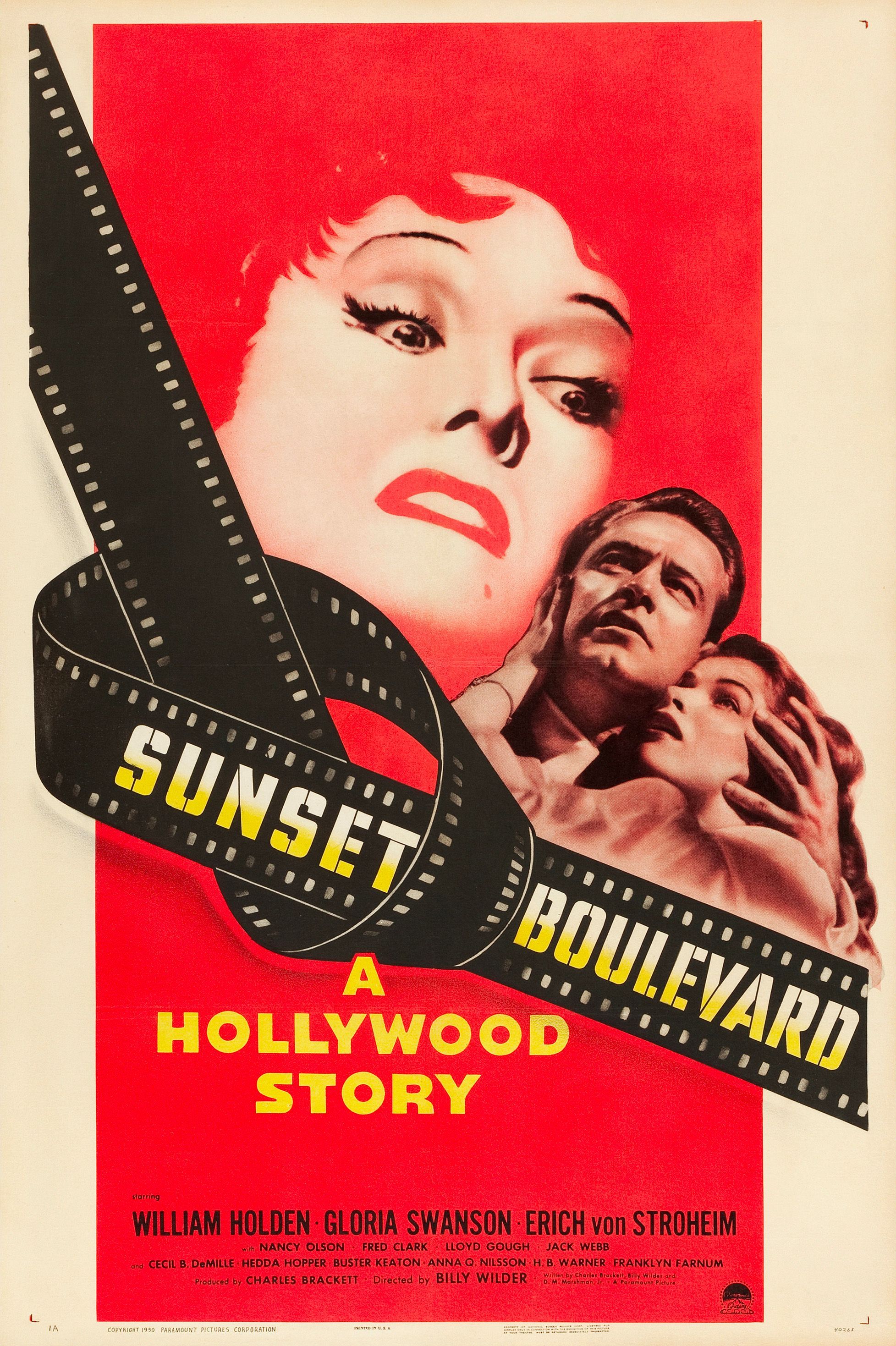
- Release Date
-
August 10, 1950
- Runtime
-
110 Minutes
-

William Holden
Joe Gillis
-

Gloria Swanson
Norma Desmond
6
Orson Welles — ‘Citizen Kane’ (1941)
Beaten by: Gary Cooper — ‘Sergeant York’ (1941)
Many would call Citizen Kane the greatest Hollywood film in history. If not, at the very least the best one of its Golden Age. It was, quite stunningly, Orson Welles‘ film debut. He co-wrote, directed, produced, and starred in it, and the movie’s revolutionary structure, visuals, and story brought an all-new fresh perspective to the U.S.’ stringent studio system.
With a basic Hero’s Journey template as his foundation, Welles crafted one of the most admirable and engrossing character dramas in history. Having had his mind on pretty much every element of the film, it’s impressive that he was still able to lock in and give such a hard-hitting performance—layered, complicated, and exquisitely enigmatic. It’s a well-known piece of Oscars trivia that Citizen Kane‘s poor performance at the 1942 Academy Awards was mostly due to the influence of newspaper tycoon William Randolph Hearst, who felt that Citizen Kane was a critique of him. As a result, Gary Cooper won his first Oscar instead.
5
Denzel Washington — ‘Malcolm X’ (1992)
Beaten by: Al Pacino — ‘Scent of a Woman’ (1992)
As far as Black cinema goes, Spike Lee is the best of the best, one of the most important and influential Hollywood directors in modern history. He has made plenty of great movies, and the three-and-a-half-hour-long biopic epic Malcolm X is one of his best. It’s one of the most essential biopics ever, boosted by a monumental once-in-a-lifetime performance by Denzel Washington.
With tremendous psychological depth, tons of poignancy and emotional impact, and a commanding intensity.
Denzel is one of the best thespians in the history of American cinema, and this may just be his magnum opus performance. With tremendous psychological depth, tons of poignancy and emotional impact, and a commanding intensity, his acting here is an absolute masterclass. On the other hand, Al Pacino‘s Oscar-winning performance in Scent of a Woman is usually perceived as a legacy win, making it terribly unpopular with those who have seen Malcolm X.
4
Ellen Burstyn — ‘Requiem for a Dream’ (2000)
Beaten by: Julia Roberts — ‘Erin Brockovich’ (2000)
Ellen Burstyn has always been an exceptional actress, but even the greats—or perhaps especially them—have performances that are easy to call their best. For Burstyn, that’s undoubtedly her turn as Sara Goldfarb in the harrowing Requiem for a Dream, probably the most powerful anti-drug film of all time. Without Burstyn’s masterful performance, it wouldn’t work half as well as it does.
A strong stomach is required to get through Requiem for a Dream, particularly through Sara’s heartbreaking segments, but it’s entirely worth it. The emotional impact and enormous complexity of Burstyn’s performance is beyond what words can capture, making Julia Roberts‘ win for Erin Brockovich in 2001 surprisingly controversial—despite the fact that it, too, is a fantastic performance. Even still, Burstyn’s is the kind of performance that goes into the history books as one of the best of all time.
3
Al Pacino — ‘The Godfather Part II’ (1974)
Beaten by: Art Carney — ‘Harry and Tonto’ (1974)
Francis Ford Coppola has definitely had his ups and downs as a filmmaker, but it’s impossible to say that the man behind some of the greatest films in American history is anything less than a master of his craft. His best works are undoubtedly The Godfather, praised by many as the greatest film ever made, and The Godfather Part II, a sequel that many think is even better than its predecessor.
Al Pacino losing the Best Supporting Actor Oscar for The Godfather to Joel Grey for Cabaret in 1973 is decently controversial, but Grey’s performance is so memorable and Pacino being labeled Supporting is such obvious category fraud that this isn’t all that inflammatory of an unpopular Academy decision. Art Carney‘s legacy win for Harry and Tonto in 1975, on the other hand, is one of the most disliked Oscar wins in history. Pacino is larger than life as Michael Corleone in The Godfather Part II, commanding the film and permanently imprinting himself on the viewer’s mind for every second he’s on screen. It’s usually considered one of the most legendary acting performances of all time, even in the absence of an Oscar win.
2
Robert De Niro — ‘Taxi Driver’ (1976)
Beaten by: Peter Finch — ‘Network’ (1976)
Many say that Robert De Niro is the greatest actor in film history. It’s impossible to blame them. The man, particularly at the peak of his career during the 20th century, was a chameleon, as he proved in movies like Martin Scorsese‘s. The duo’s best collaboration is probably Taxi Driver, far and away one of the best and most influential character studies in the history of movies.
Taxi Driver is perhaps Scorsese’s best film of the 1970s, a psychologically nuanced and dark-toned masterpiece about radicalization, alienation, and urban decay. It’s a flawless film in its own right, but it’s also one of those movies that live or die by their lead performance. Indeed, De Niro is colossal in Taxi Driver, giving one of the most complex and compelling performances in the whole medium. Peter Finch is great in Network, but seeing as it’s being compared to what many would say is the best male acting performance ever, it’s clear which performance has aged better.
1
Gena Rowlands — ‘A Woman Under the Influence’ (1974)
Beaten by: Ellen Burstyn — ‘Alice Doesn’t Live Here Anymore’ (1974)
She tends to be criminally underrated, but make no mistake: Gena Rowlands is one of the greatest actresses of all time, way up there with the likes of Meryl Streep and Katharine Hepburn. She gave multiple tour-de-force performances that went overlooked by the Academy, but thankfully, the best piece of acting of her career earned an Oscar nod: her portrayal of Mabel Longhetti in A Woman Under the Influence, a drama about a wife and mother whose decaying mental health begins to assail her family.
This is the performance of a lifetime, perhaps even the greatest acting ever seen in an American movie. Rowlands portrays Mabel’s mental illness in the most sensitive and layered way imaginable, while still squeezing all of its dramatic juices masterfully. It’s a draining, complicated, unique performance, and anyone who has seen the film would agree that calling it Oscar-worthy would be an understatement. Even still, it was Ellen Burstyn who won the award in 1975 for Alice Doesn’t Live Here Anymore, the first performance in a Martin Scorsese film to earn an Oscar nomination and win. That is also an all-timer performance; so, if anyone was going to beat Rowlands’ larger-than-life performance in Woman Under the Influence, it’s a relief that it was a piece of acting as excellent as Burstyn’s in Alice.
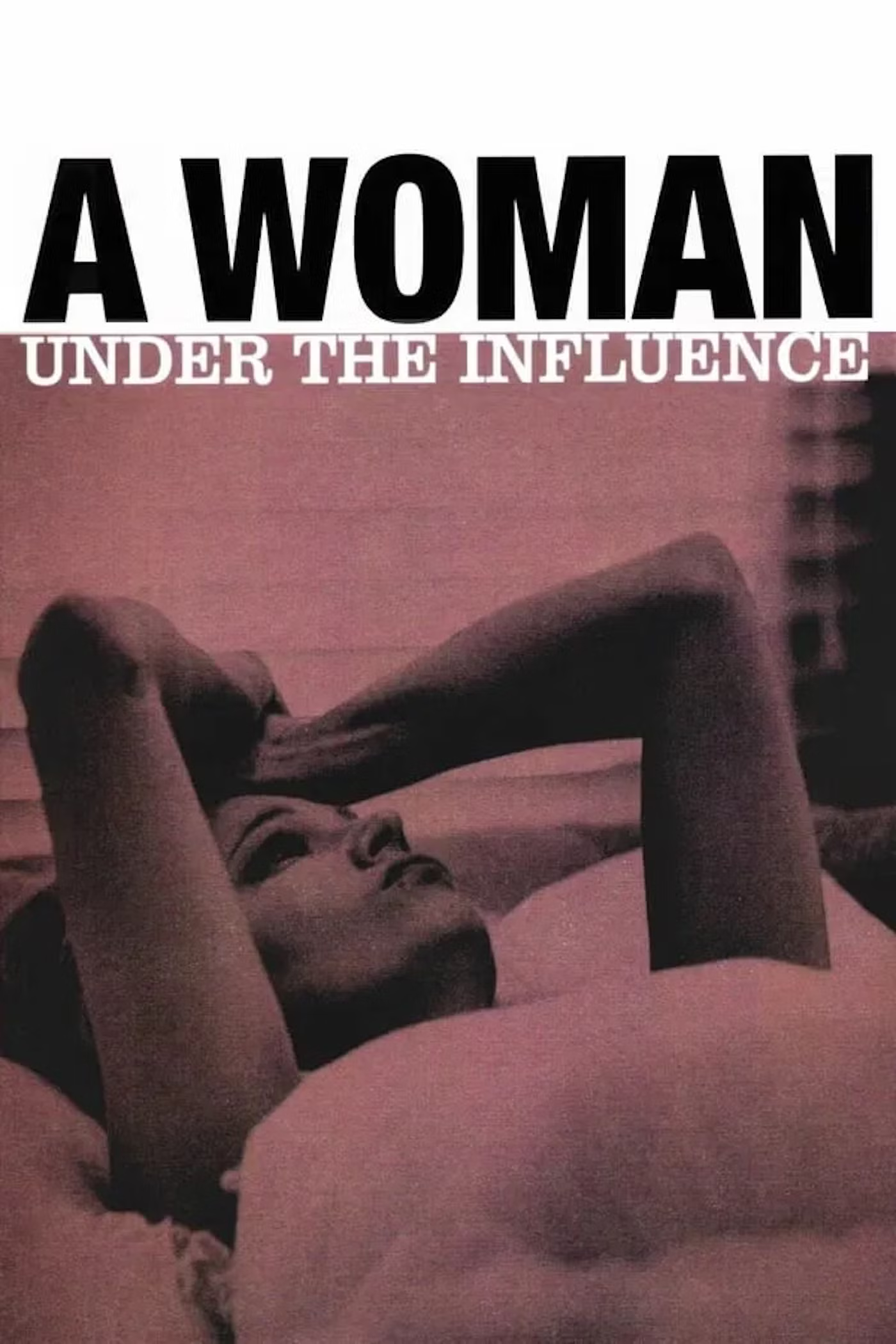
A Woman Under The Influence
- Release Date
-
November 18, 1974
- Runtime
-
155 minutes
- Director
-
John Cassavetes
- Writers
-
John Cassavetes
Cast

